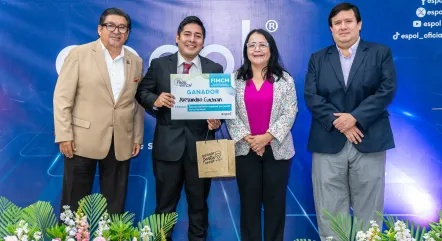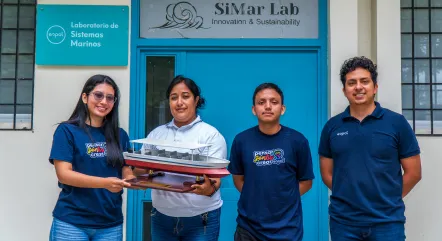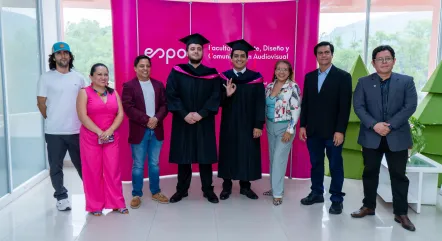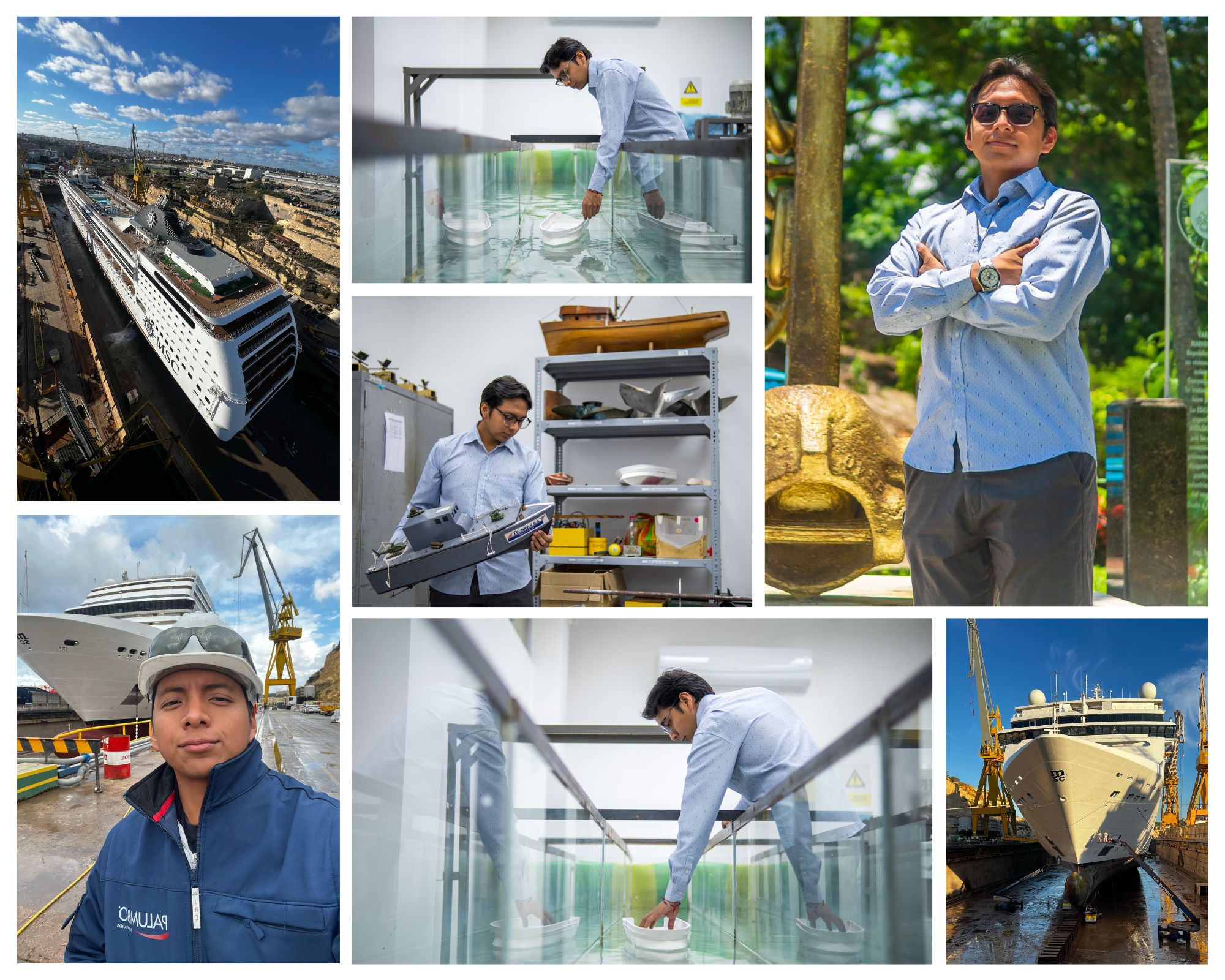
The Faculty of Maritime Engineering and Marine Sciences (FIMCM) of ESPOL is proud to highlight its graduates who leave their mark on the global maritime industry. On this occasion, we talked with naval engineer Walter Arias, alumni of our faculty, who is currently developing his professional career in Malta, a country with a strong maritime tradition and one of the largest fleets of ships in the world.
Since his school years, Walter showed a great interest in the naval world. His passion was born when he was studying at a school with a maritime focus and had the opportunity to visit the Naval Base in the south of the country. Climbing aboard a Navy ship was an eye-opening experience that led him to investigate more about naval engineering. Inspired by a physics professor, who was also a naval engineer, he decided that his future would be linked to shipbuilding and maintenance.
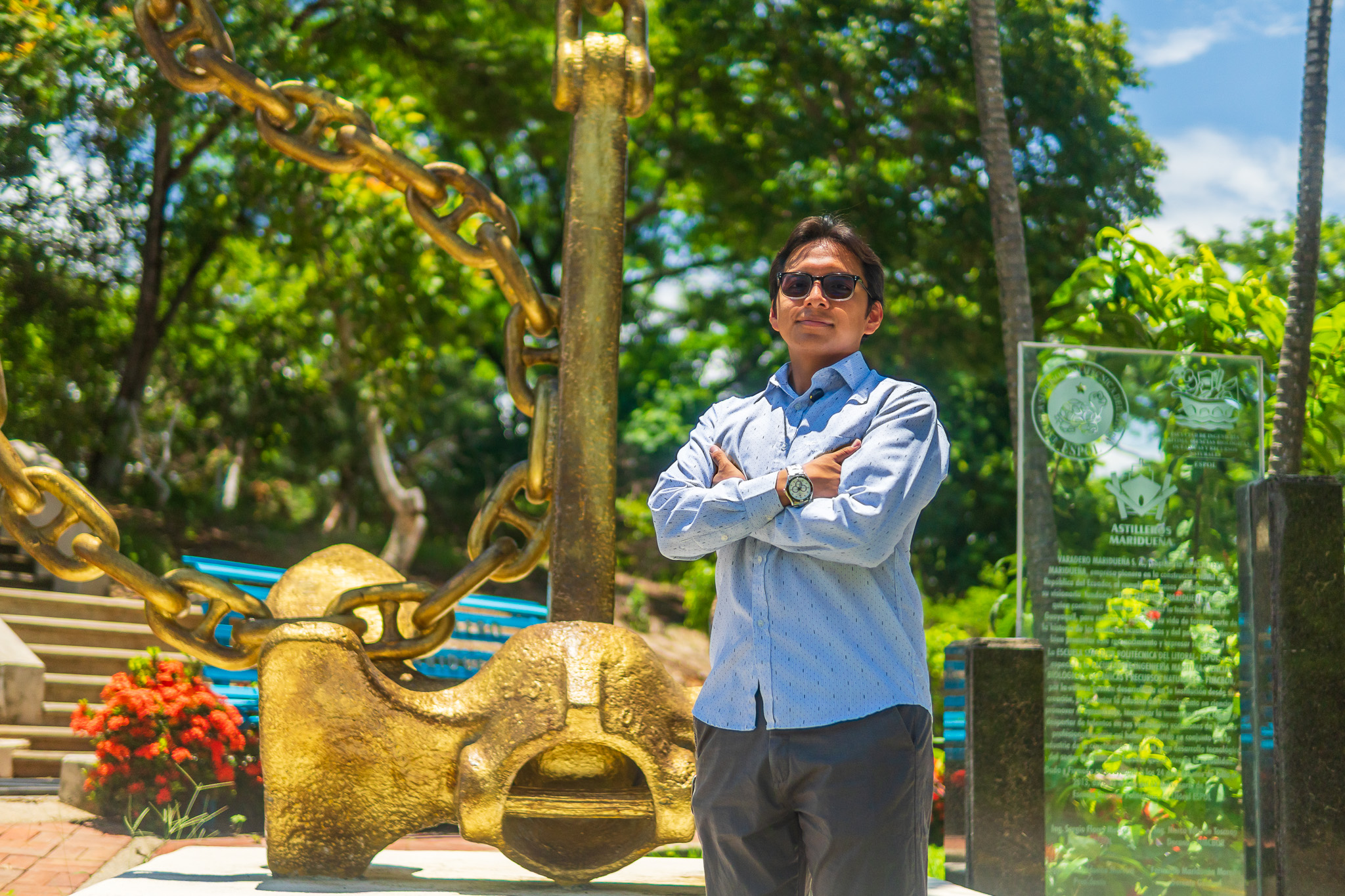
At ESPOL, Walter studied Naval Engineering at FIMCM, where he developed a deep knowledge in structural design, fluid dynamics, naval materials and international regulations. During his years of study, he stood out for his interest in the application of innovative technologies for the optimization of ship performance and fuel efficiency. Among the experiences that most marked his training, he highlights the practical projects in which he participated and the technical visits to national shipyards, where he was able to observe firsthand the processes of ship construction and maintenance.
Walter also mentions with gratitude some of the teachers who had a significant influence on his professional development. Among them, Dr. Patrick Townsend, who was one of his most influential mentors and a great friend, contributed with a critical and technical vision of naval engineering applied to real contexts; and Dr. José Marín, who guided him in the analysis of ship resistance and stability. Thanks to their teachings, Walter was able to acquire a solid foundation to face the challenges of the shipbuilding industry.
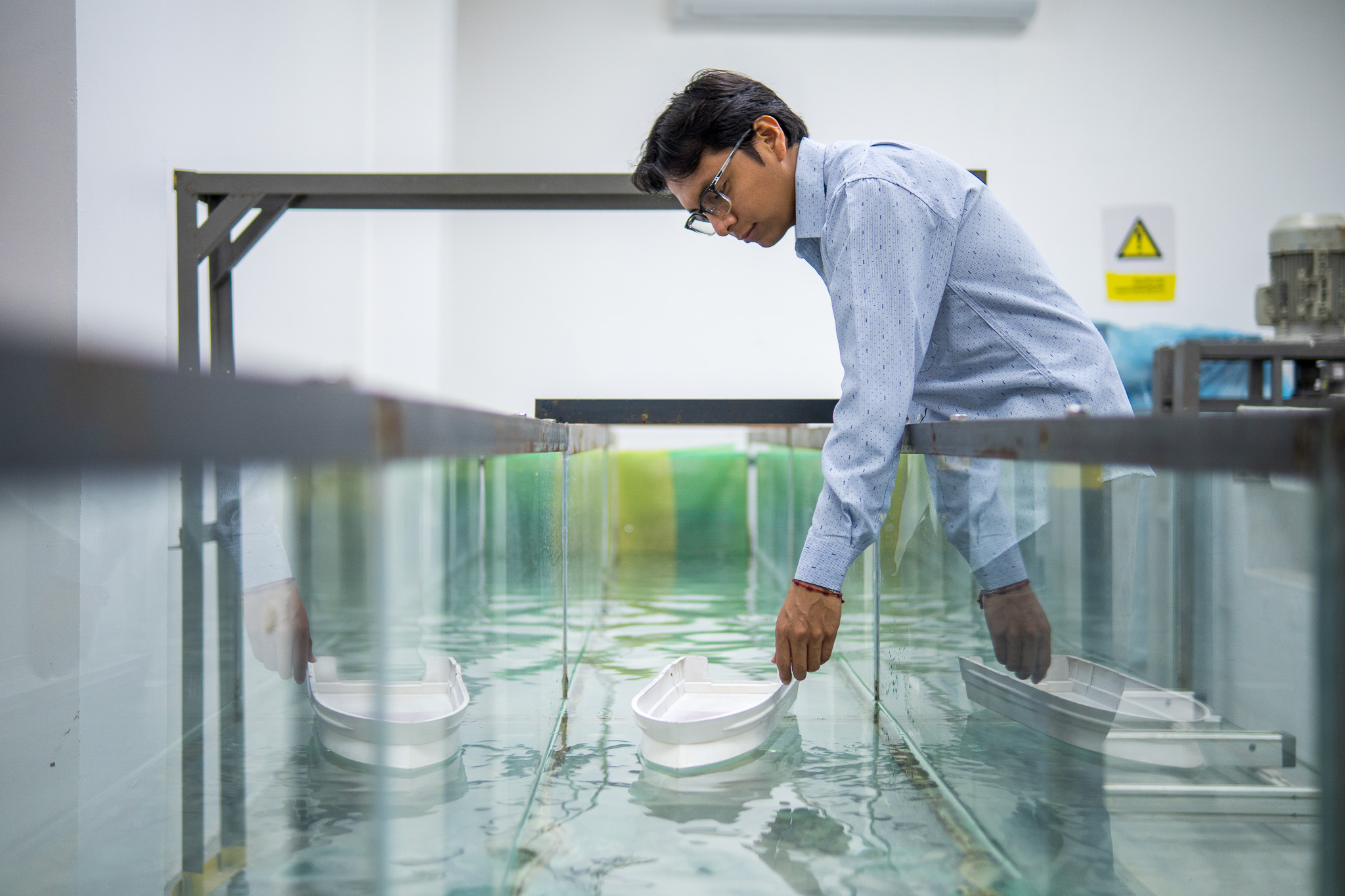
After graduation, Walter entered the international shipbuilding industry, initially working on commercial ship inspection and maintenance projects. His performance and skills led him to specialize in structural analysis and supervision of shipbuilding processes in shipyards. Currently, he is based in Malta, where he is in charge of the shipyard infrastructure: he leads the projects and maintenance of docks, pumping stations, cranes and equipment used in the careening of vessels, ensuring their operability and efficiency in the ship repair process.
One of the key aspects that Walter highlights of his training at ESPOL is the preparation in the English language, which he considers fundamental to develop in an international environment. Thanks to the advanced English courses and the academic demands of FIMCM, he was able to acquire a level of proficiency that has allowed him to communicate with multicultural work teams and perform fluently in his current position in Malta. He also mentions that access to technical literature in English during his university years helped him to understand international regulations and trends in marine engineering.
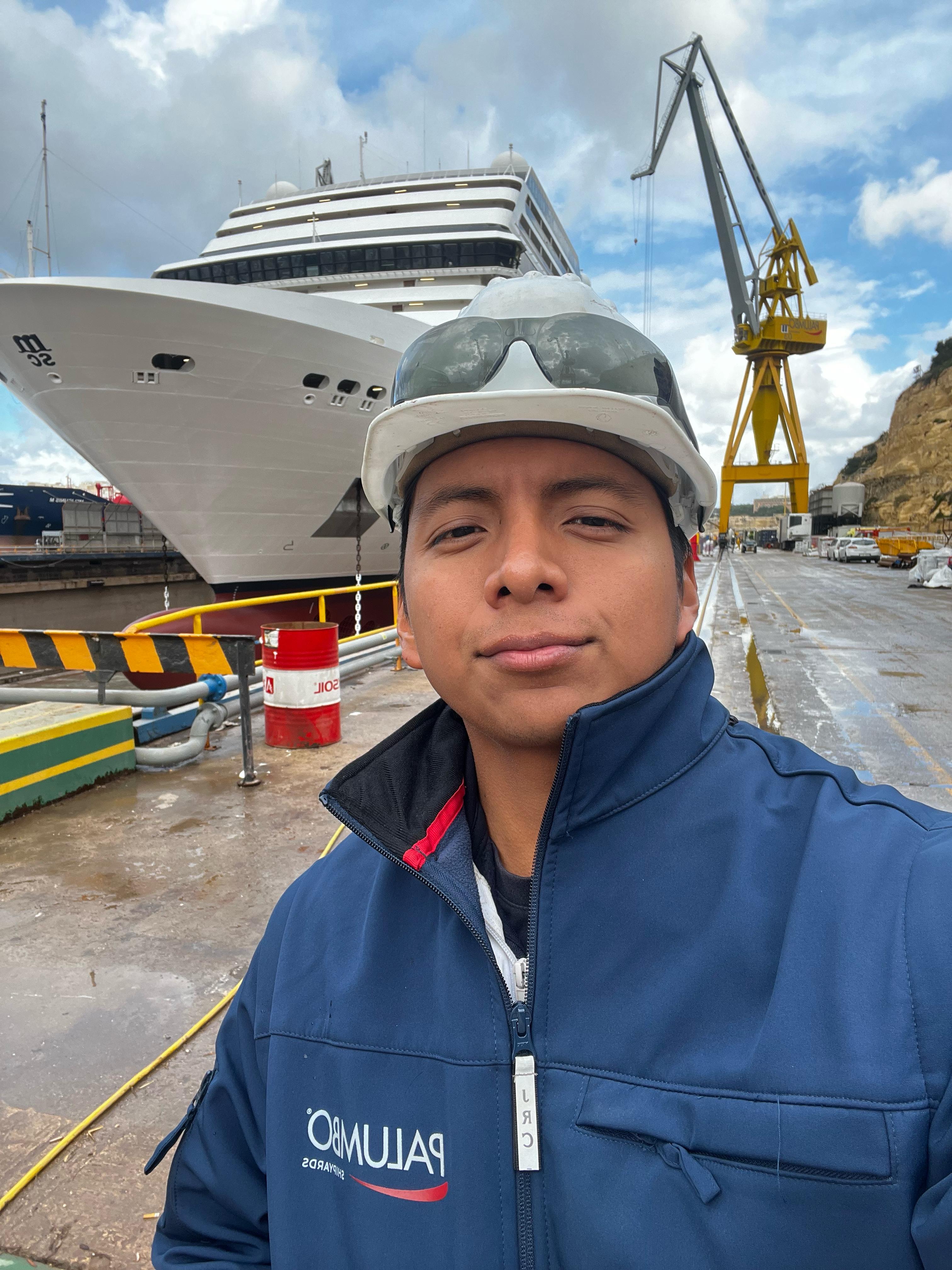
During the interview, Walter shared his experience facing the challenges of working in an international environment, where technical precision and adaptability are fundamental. He emphasized the importance of the training received at ESPOL, which allowed him to develop in the sector with confidence and competitiveness. He also emphasized the need to keep up to date with new technologies, such as the use of advanced software for modeling and simulation of naval structures.
Walter also sent an inspiring message to FIMCM Naval Engineering students: “Perseverance and a passion for continuous learning are key to standing out in the global market. Don't be afraid to step out of your comfort zone and explore opportunities outside the country. The marine industry needs well-prepared professionals with international vision.”
Walter Arias' story is a testament to the impact that an ESPOL education has on the lives of its graduates, preparing them for professional challenges anywhere in the world. At FIMCM, we remain committed to training naval engineers of excellence, capable of making their mark in the international maritime industry and contributing to the sustainable development of the sector.

